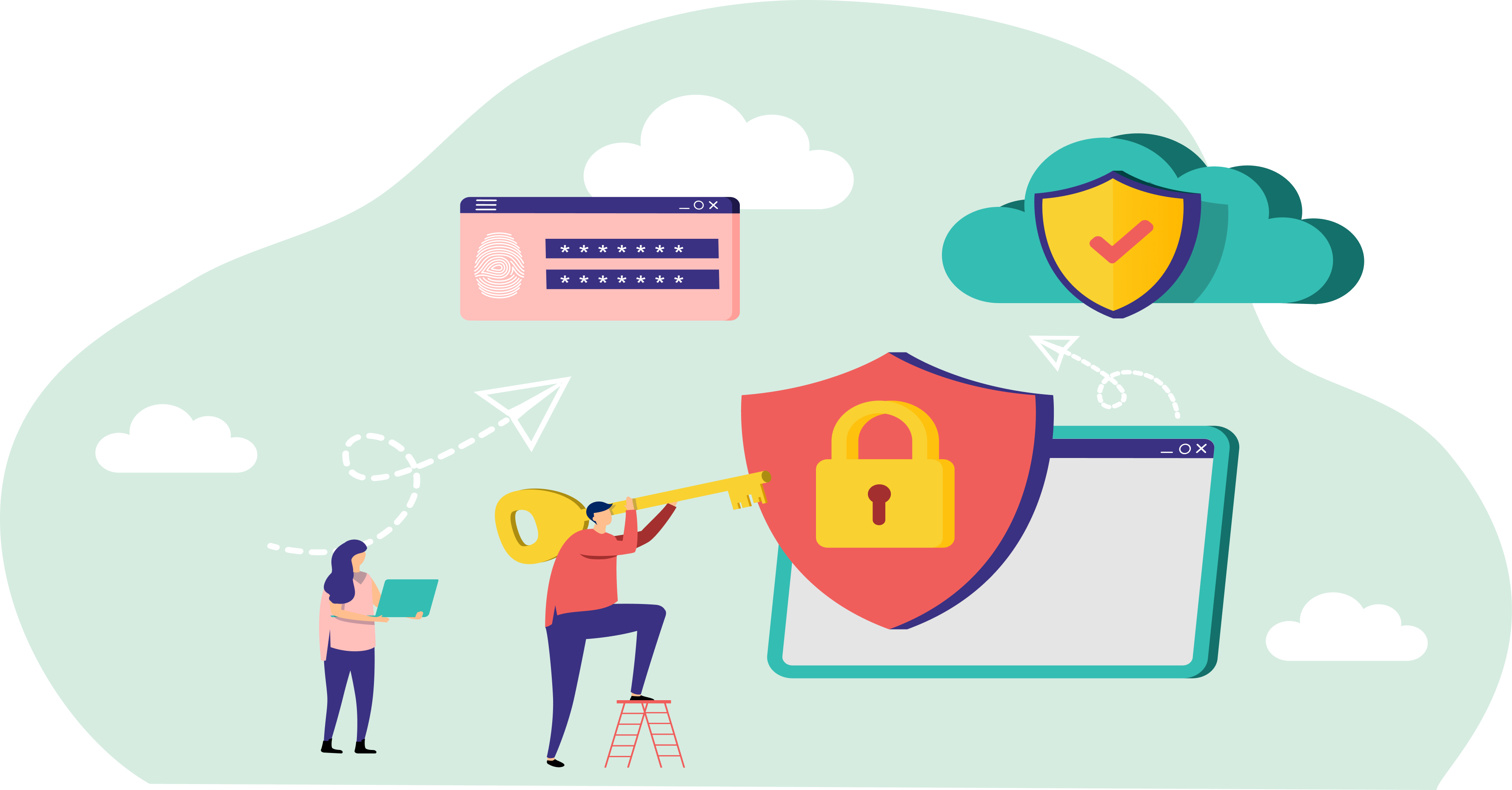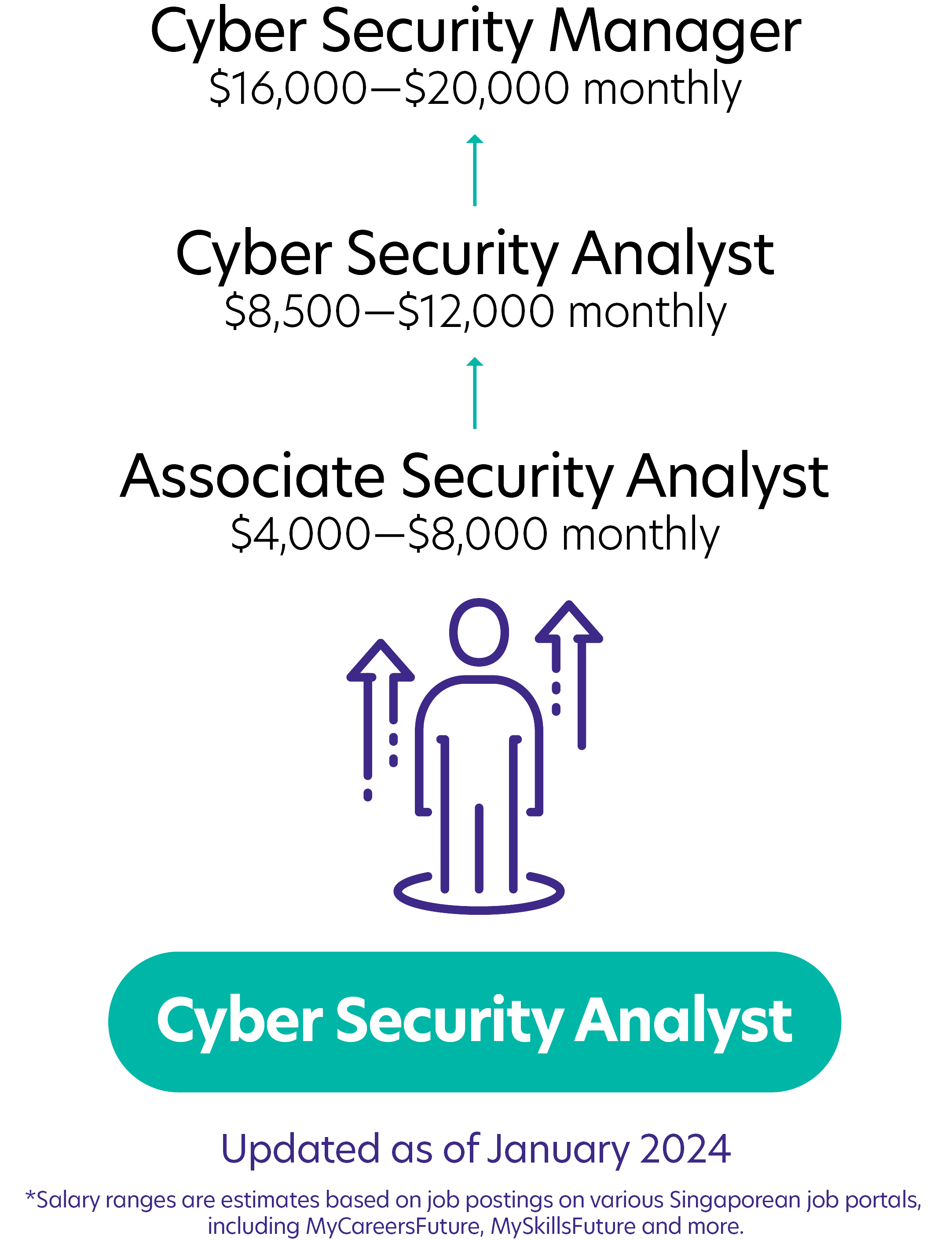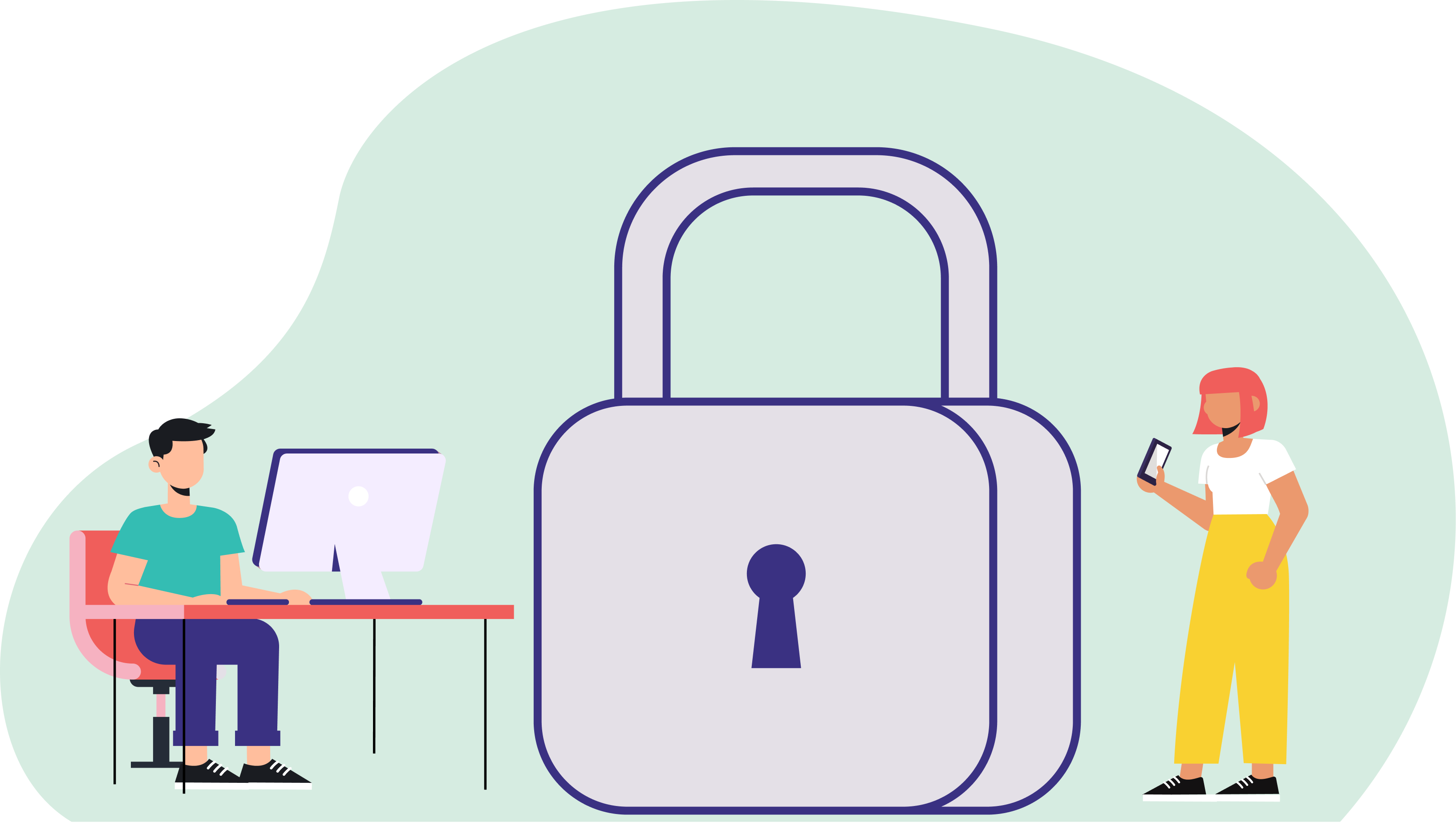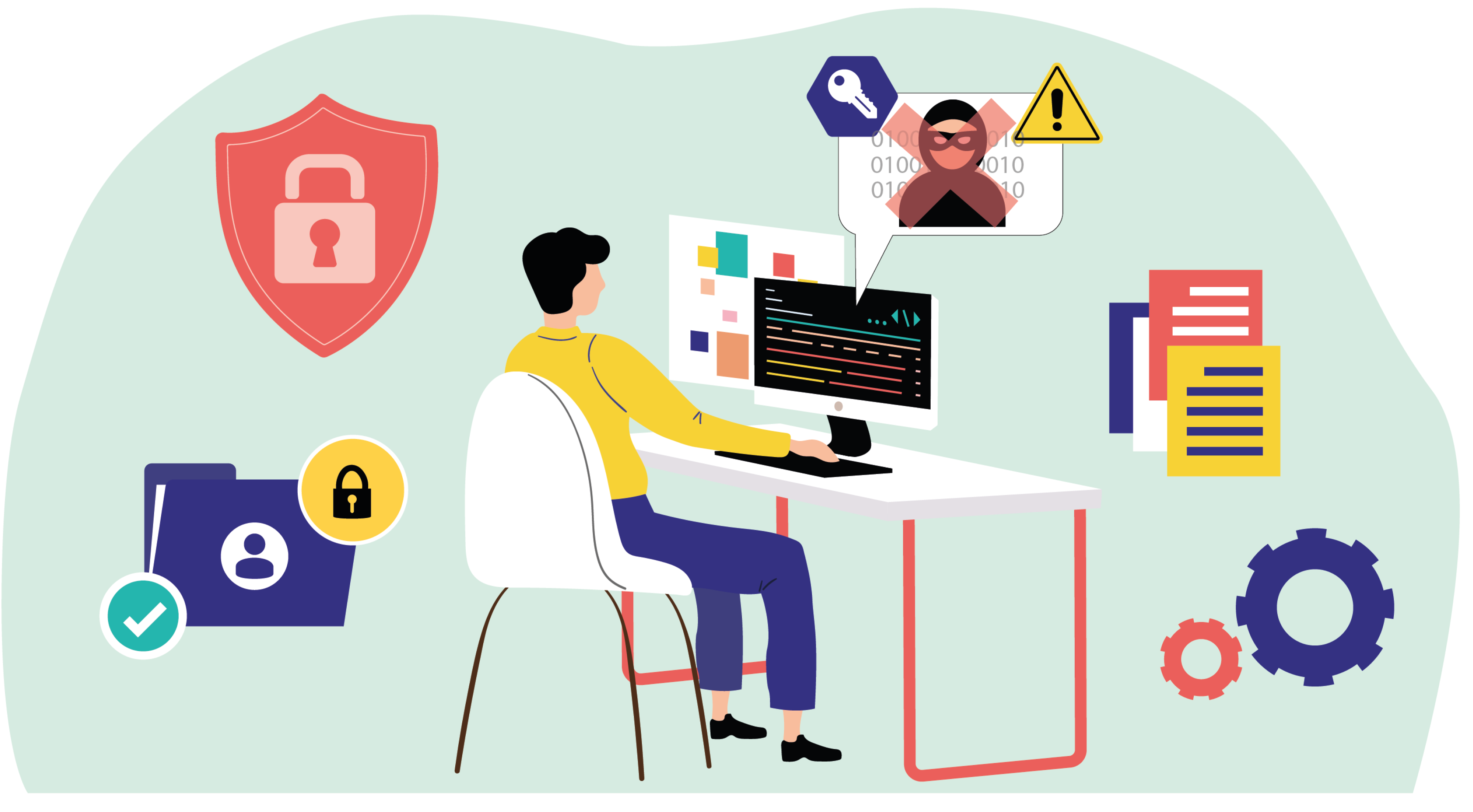
Cyber Security Analysts plan and implement security measures to protect computer networks and systems from hackers.
Cyber Security Analyst Job Description
- Monitor networks for threats and attacks.
- Create and implement security measures to defend against attacks.
- Conduct assessments, such as simulating security attacks.
- Evaluate effectiveness of current security measures.
- Recommend improvements for better cyber security.
Note
Everyone is a target for cyber crime, not just big companies and famous people. From identity theft to selling data, there are many things hackers can do with the data they steal.
What you should know about Cyber Security Analyst jobs in Singapore
Nature of Work
You need to conduct research and stay updated on IT trends, as cyber criminals always use new methods and tools.Key advice
Never underestimate the importance of strong passwords, regular updates, and employee awareness. They are the first line of defence in cybersecurity!-
Entry RequirementsEntry Requirements
- A bachelor's degree in Computer Science or related fields is preferred. You can also take part in hackathons and go for internships to gain important cybersecurity skills and experience!
- If you're a guy, you can also apply for the Cyber NSF Scheme to pick up experience and qualifications in the Armed Forces! But do note that you would have to apply a year before your enlistment and serve 1-2 years more than your peers.
-
Possible PathwayPossible Pathway

Skills you need to pursue a Cyber Security Analyst career in Singapore
Cyber Forensics
Investigate and analyse data from computers and digital devices to uncover evidence of breaches.Security Analytics
Use data analysis, machine learning, and analytical tools to detect unusual patterns or security threats.Security Incident Management
Respond to incidents, mitigate damage, and implement strategies to prevent future occurrences.IT Governance
Ensure IT systems are effectively managed and aligned with the organisation's overall business goals.Security Programme Management
Assess and determine the impact of different types of cyberattacks to manage these risks.Digital Fluency
Stay updated with technological advancements and adapt quickly to new digital solutions.Problem-Solving
Identify, diagnose, and resolve security-related issues, often involving complex systems and threats.Sense Making
Interpret complex data, identify patterns, and understand different pieces of information.Communication Skills
Collaborate with team members and explain technical concepts to non-technical stakeholders.Attention to Detail
Identify subtle anomalies that could indicate security breaches or vulnerabilities.Related Job Roles
Explore Other Programmes
Browse AllYou have bookmarked your first item!
Find it in My Discoveries with insights on your interests!



